Having decided to live your life in Bali – has it occurred to you that it’s also the perfect place to think about your death?
Chances are the answer is no. Most of us, brought up in Western cultures, have turned away from death. We no longer have family members dying at home, let alone wash their cold bodies or talk to them once their hearts have stopped beating. Dying has become awkward, impolite, morbid – and largely delegated to medical staff and undertakers.

We have, quite literally, lost touch with death, including our own. That makes it unfamiliar and scary – and reinforces avoidance. Being a “Death Denier” is a
common state for Westerners.
Everywhere we look, we are receiving messages that we can’t even look old, let alone die. Death is portrayed as a failure of medical science. How different to the days when we would have lived in multi-generational communities and held Grandma’s hand while she
slipped away.
MY DEATH JOURNEY

It was my own death that first brought me to Bali. Not my actual death, you understand. But as part of my training to
become a Death Doula – a trained professional who accompanies the dying on their journey – I had to plan my own ‘Perfect Death’. How would it be if I could design the whole thing? By the time I’d finished deciding where I
would be, and with whom, I realised I was actually looking forward to it.
Hang on a minute, I thought. If this is the perfect secenario I want around me when I die, why aren’t I living my life more like this? I realised it was time to make some major lifestyle changes – including moving to Bali.

In my role as a Death Doula, I’ve learned that approaching death, rather than avoiding it, can be profoundly rewarding. Facing the reality of mortality— no matter how distant your own may seem—offers invaluable insights and helps overcome any fear or discomfort you might feel.
This journey of getting to know death has brought me opportunities to grow, and to develop a greater sense of compassion – for myself and others.
I challenge you to dance for a moment with the concept of death – your own and other people’s – and see where it takes you.
LOOK AT IT LIKE THIS…

“Every time we step onto the boat we say “I am dead’” the Moroccan fisherman stared at me intensely as he explained their philosophy.
Try it.
“I am dead.”
Let it sink into your bones. How does it feel? Thrilling? Sickening? Or just not real? How does your body react?
Most of us will experience the impact of other deaths before our own. You may have felt the confusion of becoming an adult orphan when your last parent died.

It is an important process to go through, but you can feel like you’re on the front line now – there’s no buffer generation between you and death. Who will you be now, without the context of those parents you have spent a lifetime trying to impress or get away from? The growing pains can be extreme.
Or maybe you know the overwhelming grief of losing a child or a beloved partner. This can take you into depths of emotion you never knew you could access, or you could feel sheer numbness. Either way, chances are it will bring you to your knees
as you adjust to this new reality.
It’s different for everyone – there’s no right or wrong way to mourn. Remember that too, when it happens to people around you. You can’t fix things for them, but you can bear witness, and stand alongside
them in their pain and confusion. In the Death Doula world, we call it compassionate presence. It’s the cornerstone of our work.

Avoid trite empty phrases – but don’t avoid the grieving person. They need you in ways that it’s up to you to think about. Maybe to just sit in silence with them. To recall funny stories of the person they have lost. To walk the dog. Take out the trash. Organise the sandwiches for the funeral. What they won’t be able to handle is you offering to “help in any way”. That’s just one more thing for them to think about it.
In terms of adjusting to this new reality, there’s no winning strategy for them – or for you when it’s happening to you. Time doesn’t heal, but riding the course of grief gives you new coping skills. Try to face any feelings with honesty and courage, knowing that you are evolving into the person you will become after their death.
At some point you might experience the spaciousness of acceptance. That others die and that you will die too. It will happen to every one of us sooner or later. And shifting from merely stating that as a fact, to feeling it in your whole being, is a step in the right direction.
I challenge you to embrace this idea and let
death into your life.
GETTING TO KNOW DEATH

In my work I walk alongside the dying on their journey. It is often much less dramatic or tragic than we are led to expect by Grey’s Anatomy or feature films. More of a gradual slipping away.

There is sadness of course. A process of coming to terms with what will not be. The dreams, the plans, the memories that a dying person will no longer hold. Also, the fears and traumas they can let go of now. The forgiveness they might choose to feel, releasing old grudges and healing emotional wounds. A reckoning of a life lived, for better and for worse.
Will you be fighting death to the bitter end? Or yielding to it? Will you reach out across broken relationships or hold fast to your resentments?
Look forward to redemption or fear retribution? Long lost religious beliefs sometimes return in those dying days. You might feel closer to those who have already died than you do to the living. You might not share profound insights from your deathbed, and you might not look serene. Then again, you might.
PLANNING YOUR PERFECT DEATH

Find a quiet space and close your eyes.
Imagine your Perfect Death. What is the room like? Who is there and what are they doing? What would you love to see through the window, or around you if you are outdoors? Think about your playlist and your last supper. Intensity or calm? A priest or a bottle of whisky? Delve into as much detail as you can.
Fragrances, sounds, textures, people, experiences.

Reflect on the feelings these choices give you. Are there ways you can have more of that in your life right now – and not wait until your ‘Perfect Death’ to experience it? Could you have that difficult conversation with someone now – not leave it till then? As Bronnie Ware shares in her book “The Top 5 Regrets of the Dying”, one day you may find yourself saying “Why didn’t
I spend more time with people I love? Why didn’t I allow myself to be happier?”
Few of us will get enough notice of our own death to sort everything out at the end. Cleaning up as you go can give you a more peaceful life as well as a gentler death.
Dancing with death is a challenge. But it doesn’t make you more likely to die or mean there’s something wrong with you if you partake in the dance. Forget those old superstitions and social pressures and do death your own way. It’s healthy to see the whole arc of your story. I urge you to give it a go.
From the Author
Catherine is a practicing Death Doula, shamanic healer and author of “Sacred Death: Embrace Dying, Enhance Living” available from Amazon and other bookstores.
https://books2read.com/ ShovlinDeath

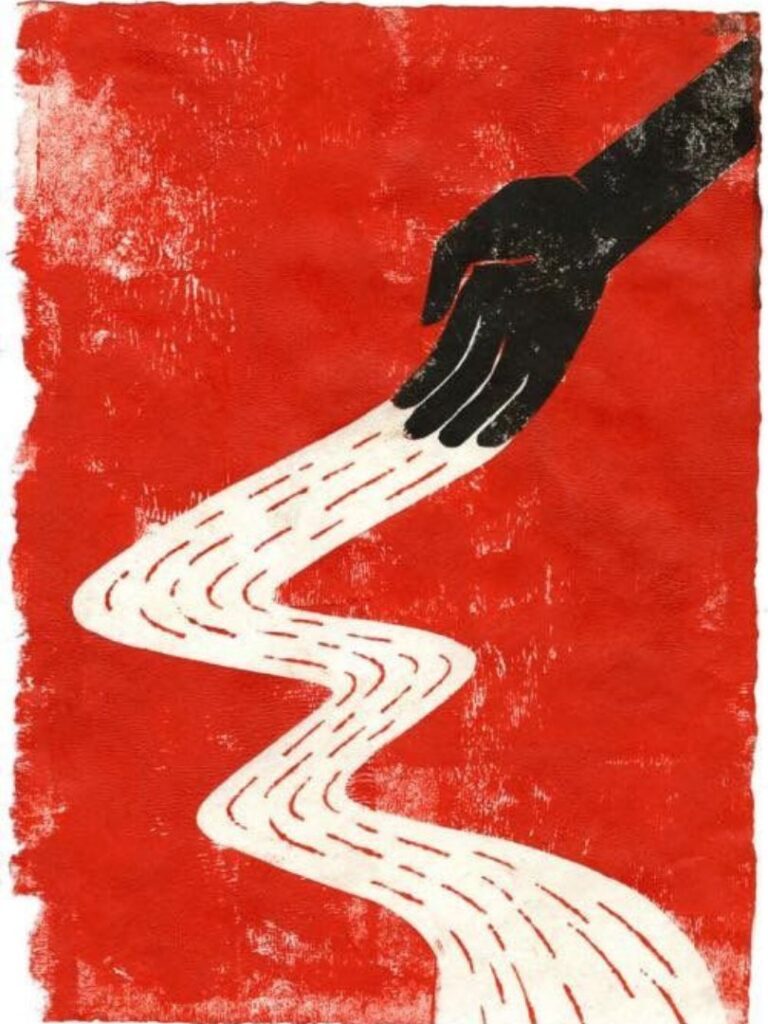
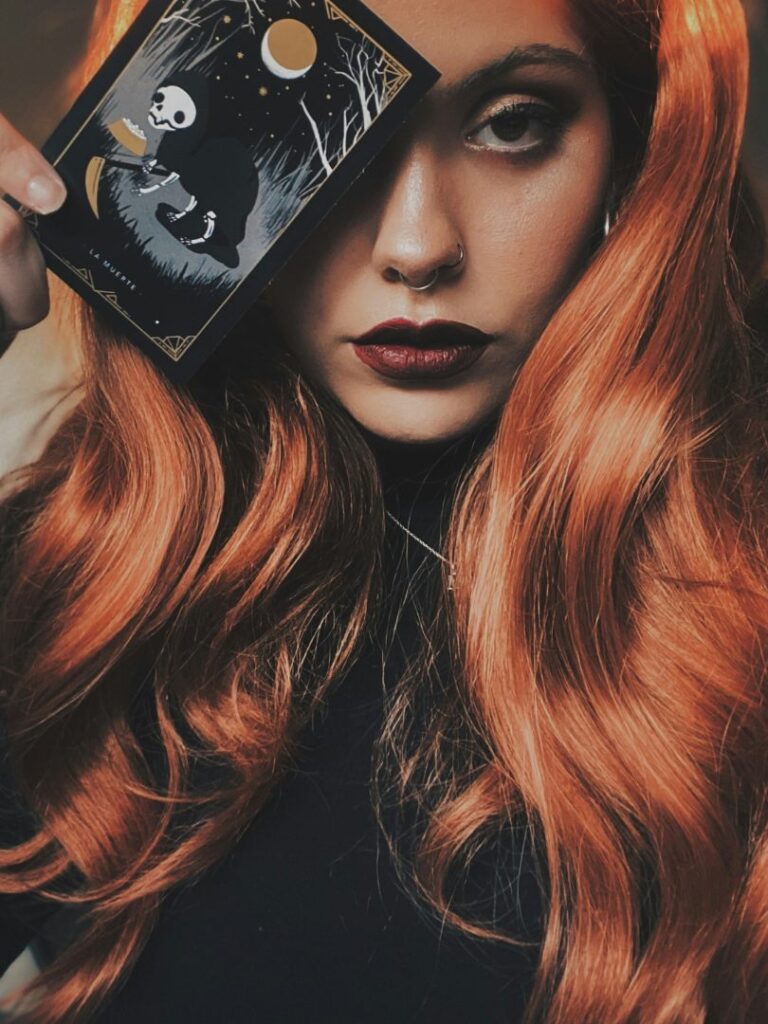
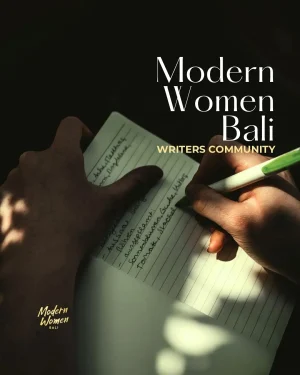
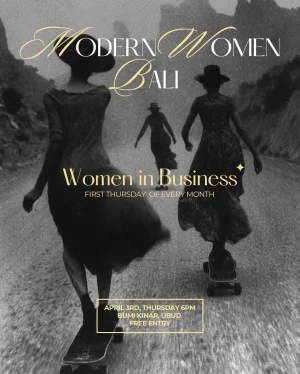
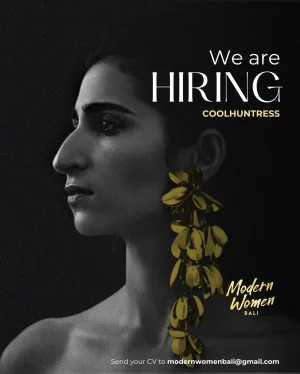
1 thought on “Death In Paradise”
Pingback: Inside a Balinese Cremation Ceremony: Bali Rituals Explained